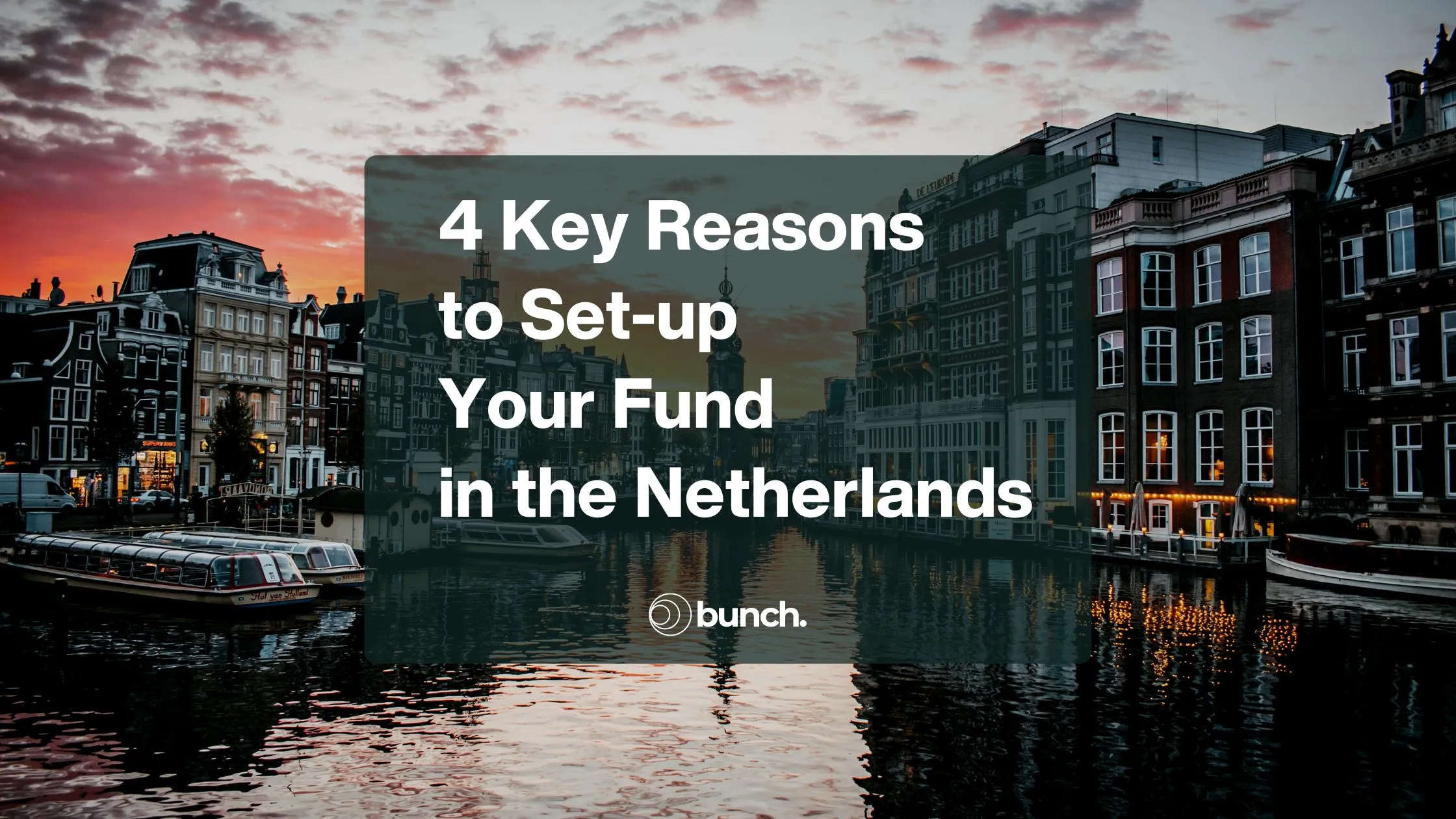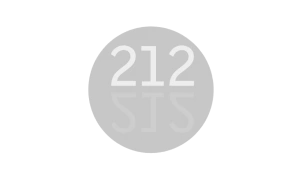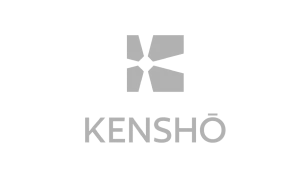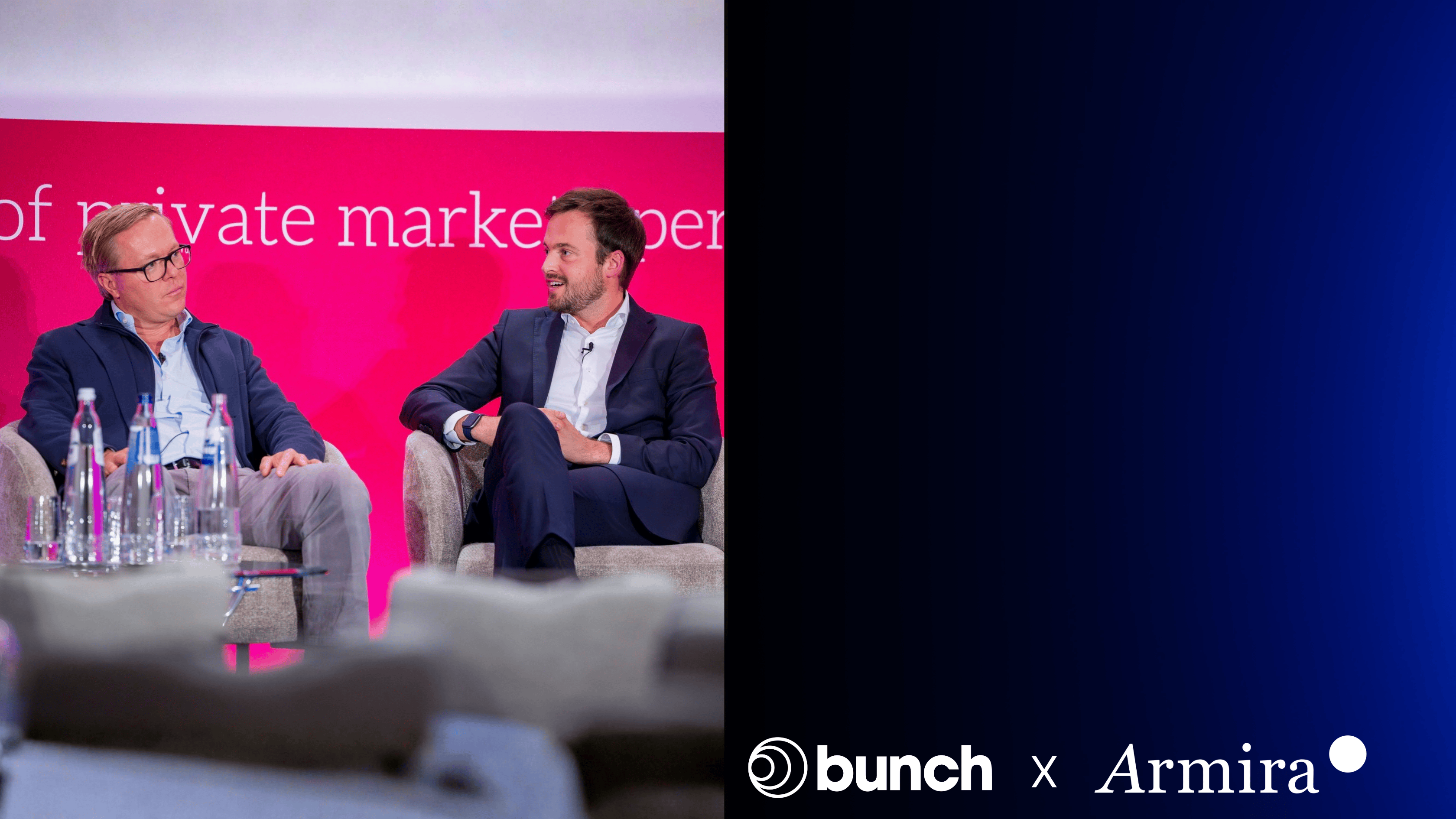Contents
If you're seeking a strategic location for establishing your Investment Fund, Special Purpose Vehicle (SPV) or establishing substance within an Investment Hub, look no further than the Netherlands. Renowned for its investor-friendly environment, this European nation offers extensive advantages such as double taxation treaties and withholding tax exemptions on royalties and interest.
1. The Gateway to Europe
The Netherlands offers far more than just investor-friendly; it serves as a vital gateway to continental Europe. With its remarkable infrastructure, digital friendly landscape (notary, etc.), robust investor network, politically stable climate, and internationally-focused business approach, it has consistently maintained its status as a major investment nation.
2. Opening a bank account
While establishing a business or investment vehicle in the Netherlands can be beneficial, it does come with certain challenges. One key hurdle is the difficulty of opening a bank account due to strict Know Your Customer (KYC) and Anti-Money Laundering (AML) regulations, along with a limited selection of banking institutions. Partnering with a knowledgeable and experienced firm such as Bunch can streamline this process, saving you significant time and effort.
3. Solid Legal Foundation
A Dutch legal entity is necessary to reap these benefits and maintain good standing. A broad spectrum of legal entities, from Private Limited Liability Companies (BV) to Foundations (Stichting) and Limited Partnerships (CV), as well as Mutual Fund on Behalf of Third Parties (FGR), offer you flexibility and security in international business dealings.
a. Private Limited Liability Company (Besloten Vennootschap - BV)
The BV is a favorite choice for businesses operating in the Dutch sector due to its versatility and flexibility. With a BV, shareholders' liability is limited to the amount paid for the shares, making it an attractive option for license and finance companies.
b. Foundation (Stichting)
Stichting is an 'orphan' legal entity without shareholders or members, making it ideal for pooling investors, managing a family's wealth or acting as an Administrative Foundation (STAK, Stichting Administratiekantoor). The STAK separates legal ownership from economic ownership through asset certification or depository receipts (DR).
c. Limited Partnership (Commanditaire Vennootschap - CV)
The CV is a contractual agreement between general and limited partners, offering a significant degree of contractual freedom. It serves as an excellent vehicle for portfolio investment holding, feeder funds or trading activities.
d. Cooperative (Coöperatie)
Coöperatie is another flexible legal entity that allows for varying degrees of members' involvement and capital contribution. It is a popular choice for joint ventures, commercial partnerships, deal-by-deal investors or as a holding company, given its favourable tax treatment.
e. Mutual Fund on Behalf of Third Parties (Fonds voor Gemene Rekening - FGR)
The FGR is a Dutch mutual fund that is transparent for tax purposes. It does not have legal personality, and it can be structured to segregate assets and liabilities. This makes it an attractive option for investment funds.
4. Regulatory Considerations
Furthermore, it's critical to be aware that the Netherlands Authority for the Financial Markets (AFM) may categorize certain entities as Alternative Investment Funds (AIFs), as per the Alternative Investment Fund Managers Directive (AIFMD). This categorization necessitates compliance with specific regulations and may impose certain cross-border marketing restrictions (e.g. to retail investors or professional investors of certain Member States).
The Netherlands also offers a 'light regime' under the AIFMD for smaller fund managers, which applies to managers of AIFs that, in total, do not exceed a threshold of €100 million (for leveraged AIFs) or €500 million (for unleveraged AIFs).
Navigating these regulatory nuances can be intricate and could potentially involve substantial legal expenses. Therefore, procuring legal counsel and guidance from a service provider with a proven track record is vital in such situations.
The Netherlands continues to be an appealing choice for investors due to its robust infrastructure, strong legal foundations, and attractive tax benefits. With the correct guidance and strategic partnerships offered at Bunch, these opportunities can be harnessed effectively, further enhancing the benefits of operating in the Netherlands.
Disclaimer: The content presented herein is solely for informational and discussion purposes only. It is not intended to serve as legal, tax or financial advice or as an endorsement of any investment strategy. bunch does not provide legal, tax or financial advice. Readers should not base their investment decisions on the content presented herein or any other bunch-generated content alone and should seek appropriate professional advice. Nothing contained herein shall constitute or imply an offer to sell, purchase or enter into any transaction in respect of securities. The content contained herein is subject to change without notice. While we aim to present accurate and up-to-date information as part of bunch’s content, we undertake no obligation to update our content from time to time.
The best already build on bunch





























.webp)
.webp)
